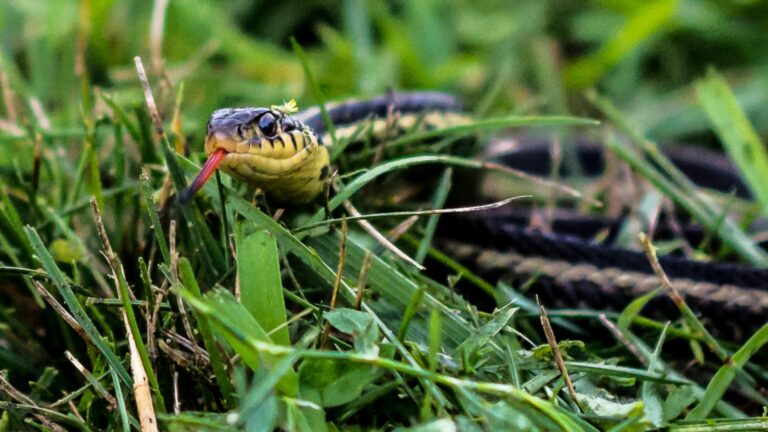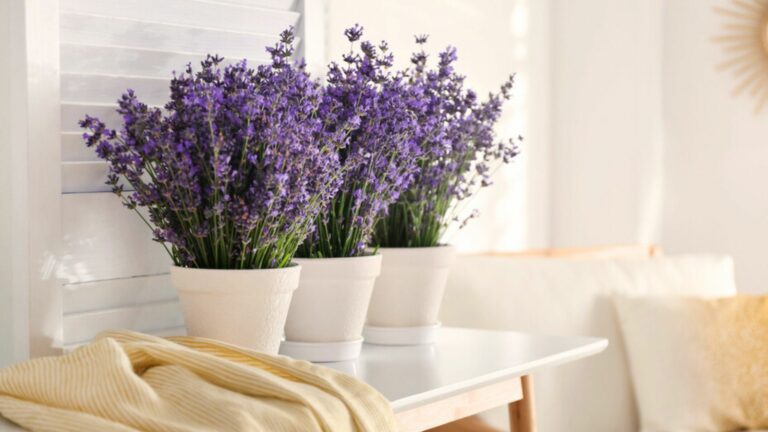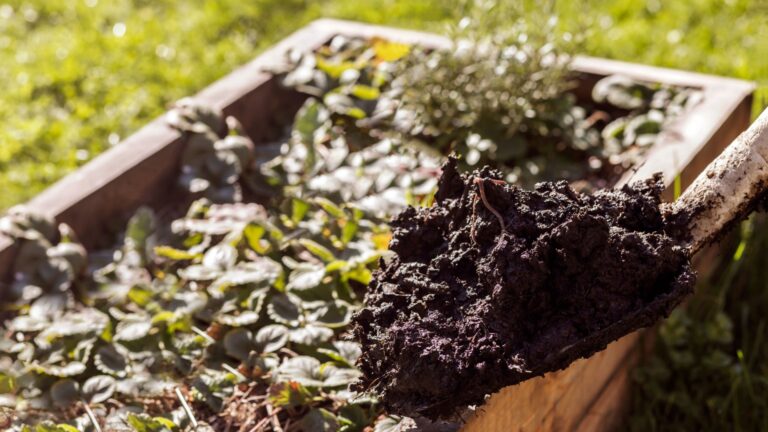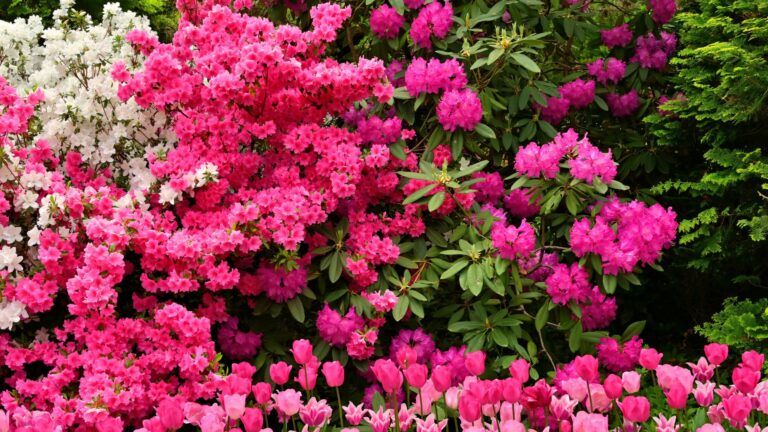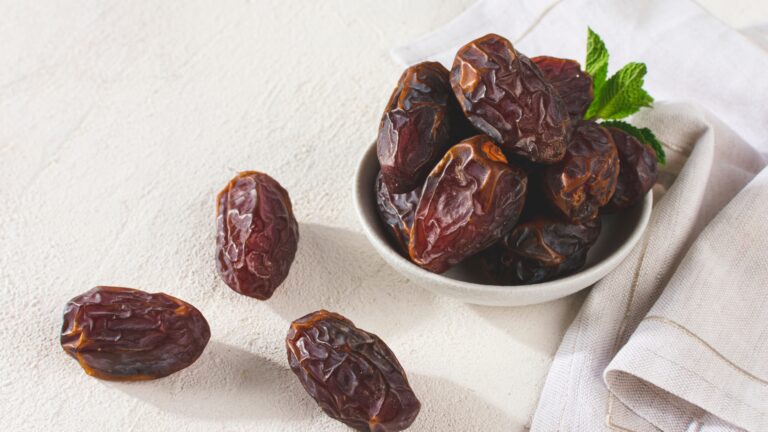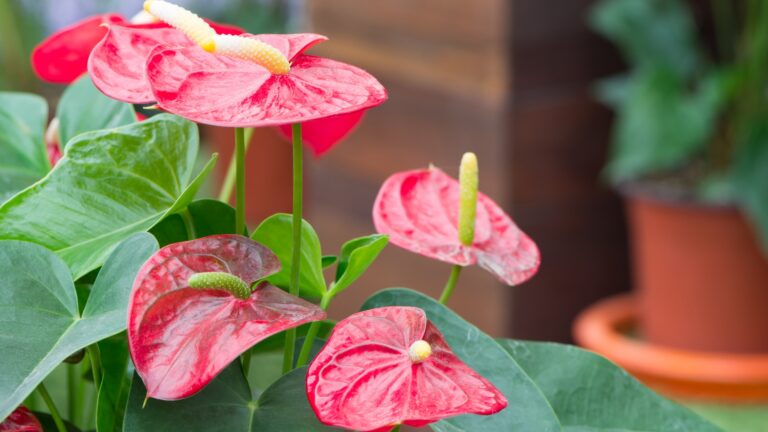30 Kitchen Staples That Can Save Your Beautiful Roses From Black Spot Disease
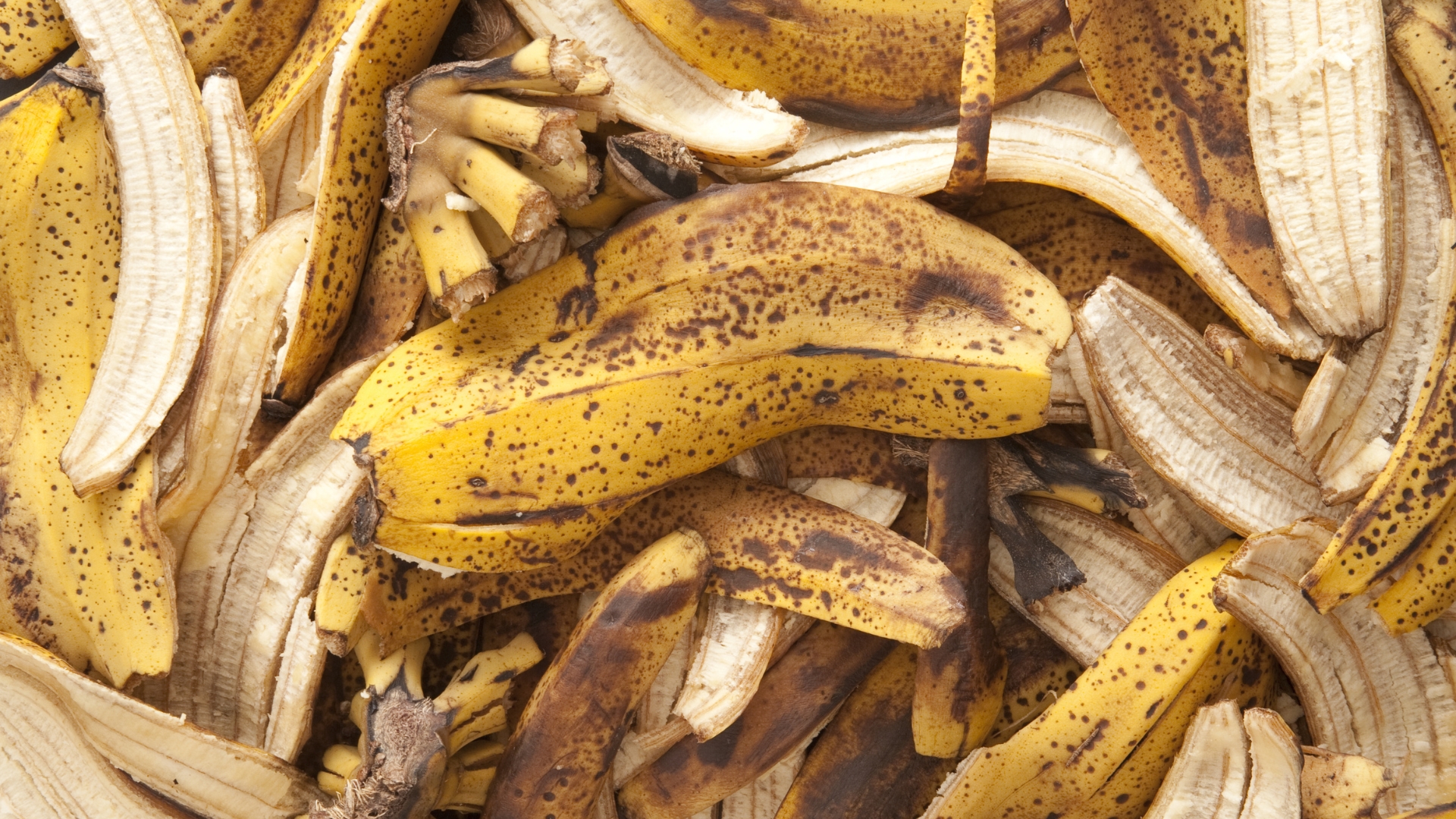
Black spot disease can be a real threat to your roses, but don’t worry – your kitchen is full of solutions to help fight it off! With these 30 kitchen staples, you can tackle the problem naturally and keep your roses looking their best.
From common household ingredients to simple DIY sprays, you’ll be amazed at how effective these remedies can be. Plus, I’ve included a few bonus tips to make sure your roses stay healthy and vibrant.
Let’s give your beautiful blooms the protection they deserve!
1. Baking Soda
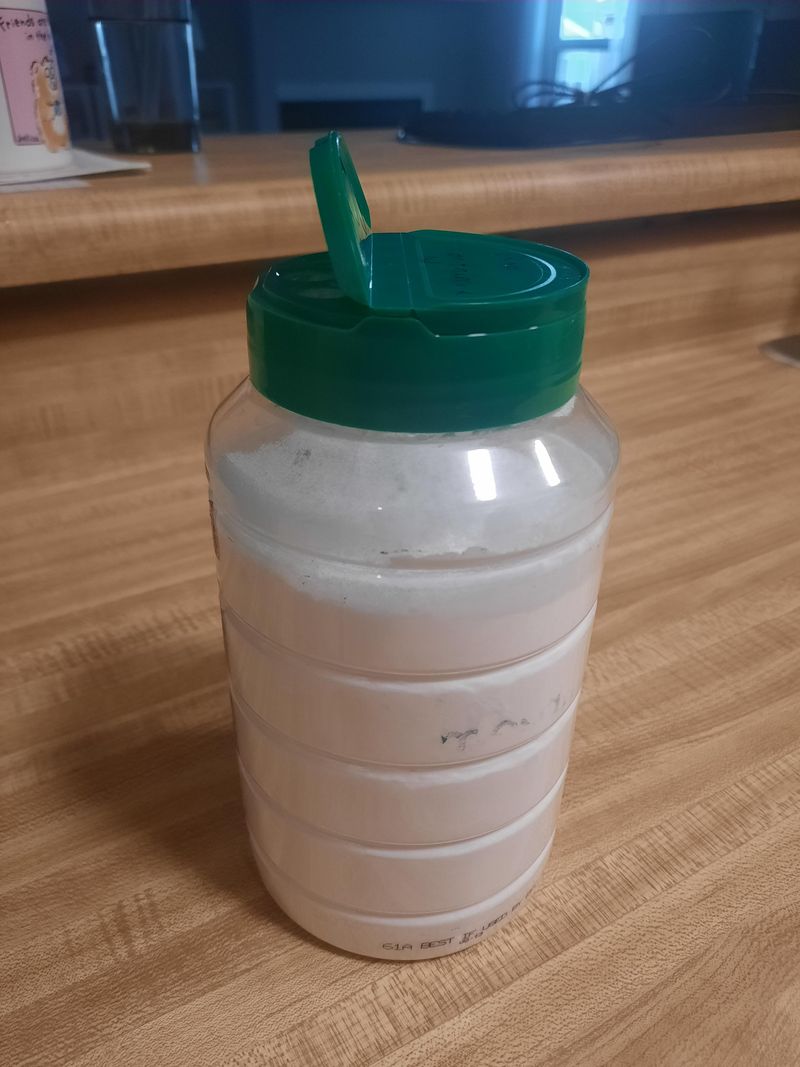
Ever thought your kitchen cupboard could help save your roses? Baking soda is your secret weapon against black spot disease. Just mix a tablespoon with water and a little dish soap, and spray it on your roses weekly.
It disrupts the environment fungi love, preventing them from spreading. Plus, it’s non-toxic and safe for kids and pets—nature’s solution without the harsh chemicals.
2. Vinegar
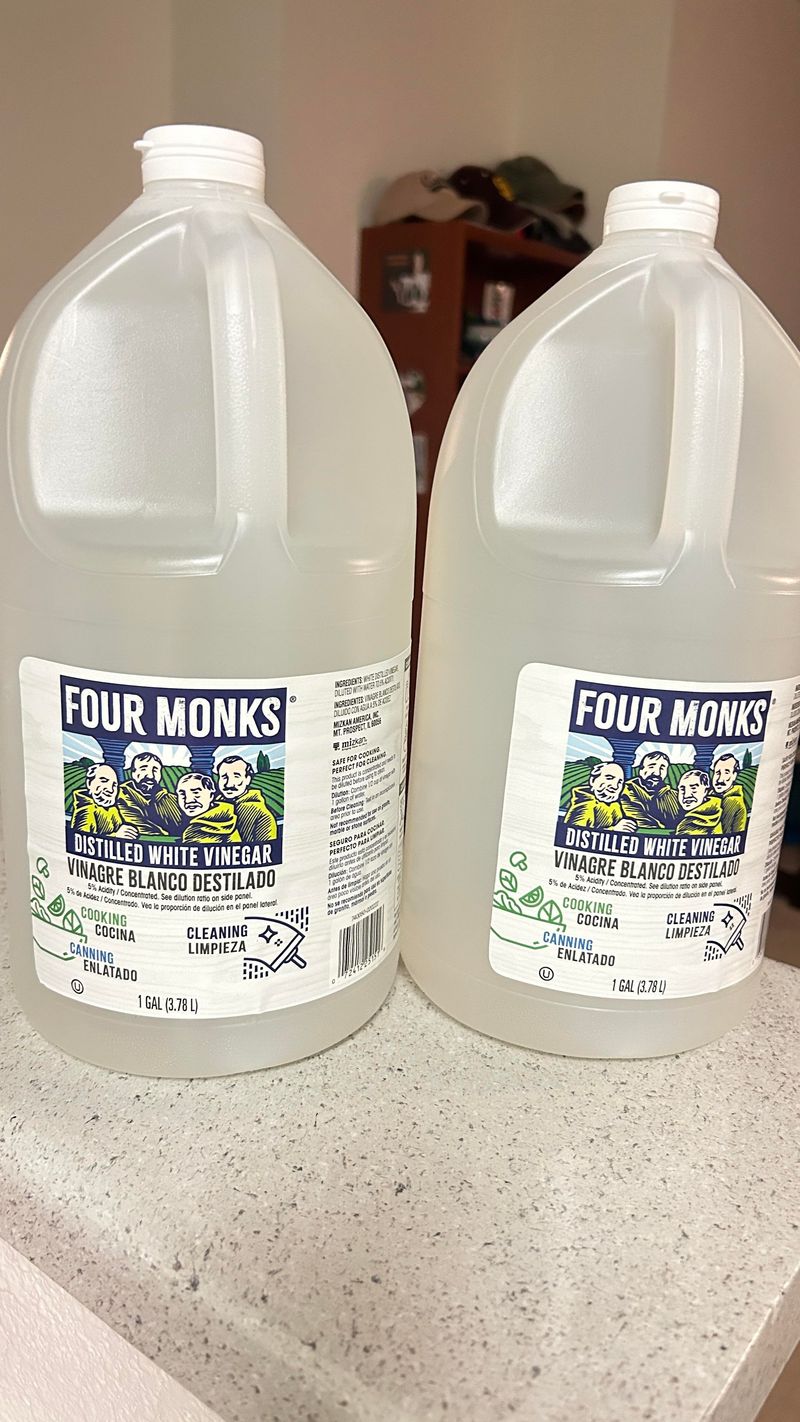
It turns out, vinegar isn’t just great for cooking. When mixed with water, this common household item works wonders at keeping black spot disease at bay.
Just a simple spray each week can help prevent fungal growth, leaving your roses looking their best. And the best part? It’s non-toxic and super easy to make! Your roses will thank you for this simple solution.
3. Garlic
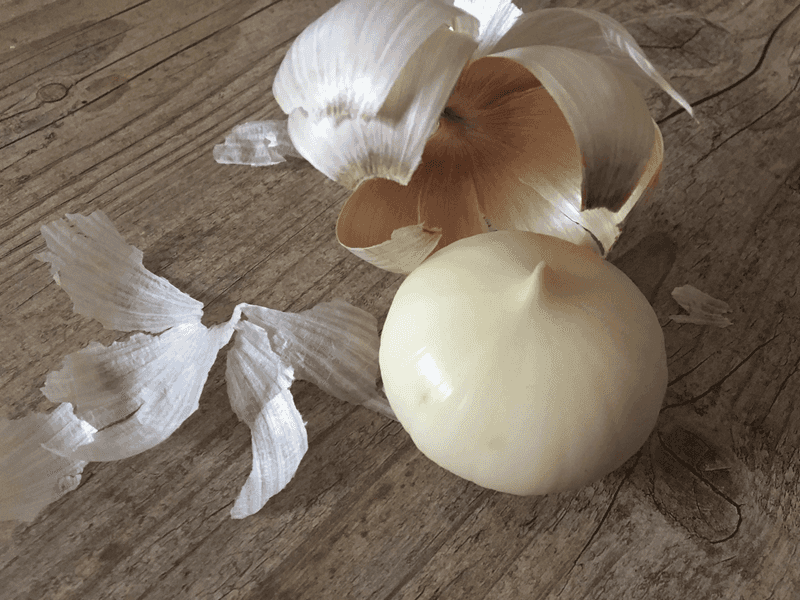
Who knew garlic could do more than just ward off vampires? When steeped in water, garlic makes an all-natural, antifungal spray that tackles black spot.
The sulfur compounds in garlic are tough on fungi but gentle on your plants. Simply spray it on your roses every week and watch the black spots disappear. Bonus: Your garden might smell like an Italian kitchen!
4. Cinnamon
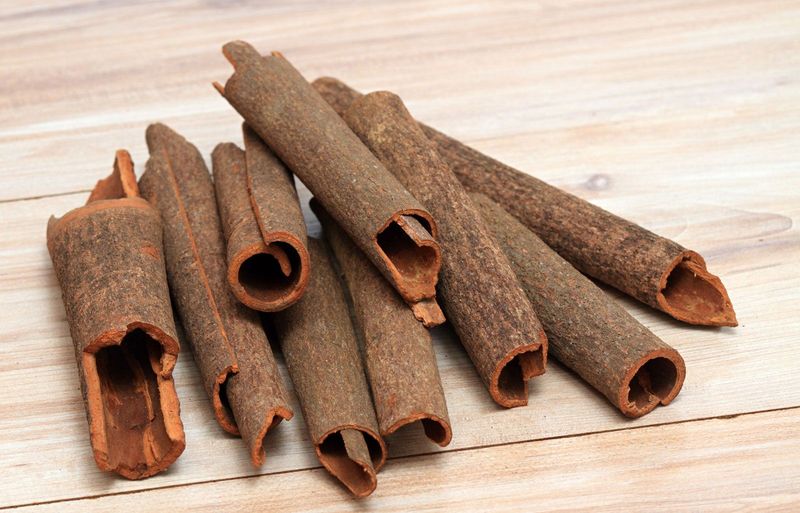
A little sprinkle of cinnamon can go a long way in your rose garden. Not only does it have a delightful scent, but cinnamon’s antifungal properties make it an excellent choice for controlling black spot disease.
Whether you sprinkle it around the base or mix it into a water spray, it works wonders to protect your plants. It’s an easy, affordable, and natural fix for a common garden problem.
5. Baking Powder

This kitchen staple is more versatile than you might think. When mixed with water and used as a spray, baking powder works to combat black spot disease on your roses.
The reaction helps prevent the spread of the fungus while also boosting your roses’ overall health. It’s an easy-to-make solution that’s safe for your plants, pets, and the environment. A little goes a long way!
6. Epsom Salt
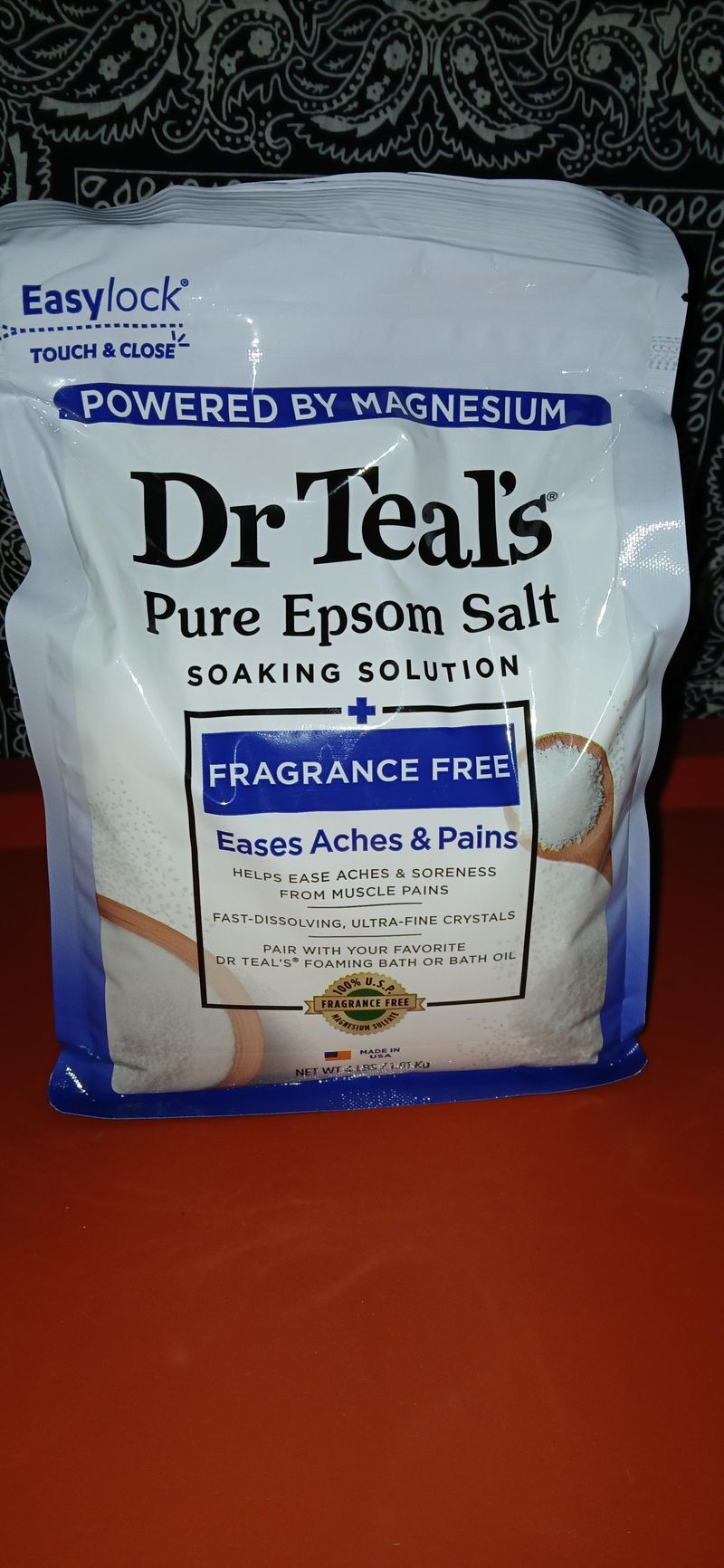
Who would’ve thought that Epsom salt could do more than relax your muscles? When diluted in water, it creates a fantastic solution for preventing black spot on your roses.
The magnesium in Epsom salt strengthens plants and boosts their natural defenses. Regular use will have your roses growing stronger and looking better than ever. It’s a must-try natural treatment!
7. Lemon Juice
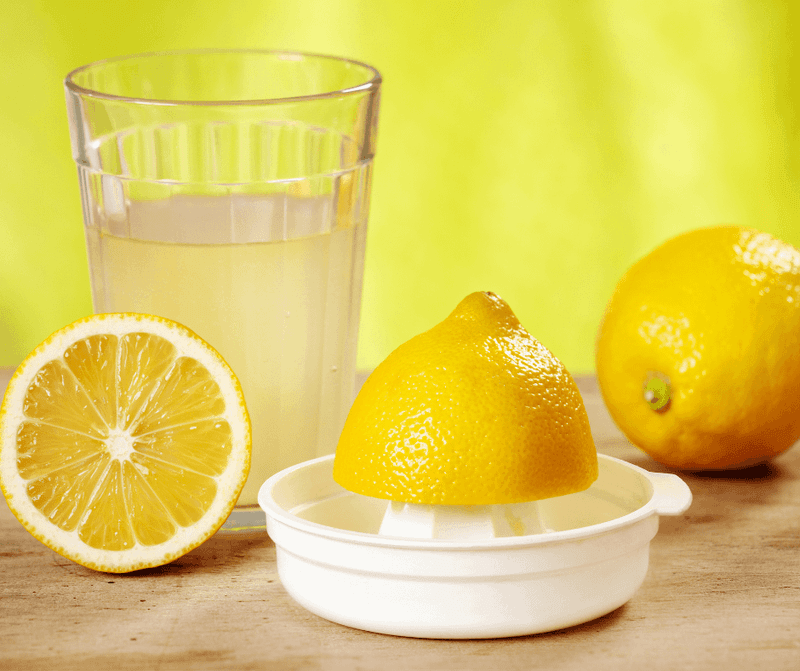
Lemon juice isn’t just for lemonade—it’s great for your roses too! When mixed with water, lemon juice creates a mild, natural fungicide that helps keep black spot at bay. It’s a refreshing, citrus-scented solution that’s gentle on your plants but tough on fungi.
Give your roses a boost and watch them thrive with this easy, affordable treatment. Plus, it’s a perfect way to use up extra lemons!
8. Olive Oil
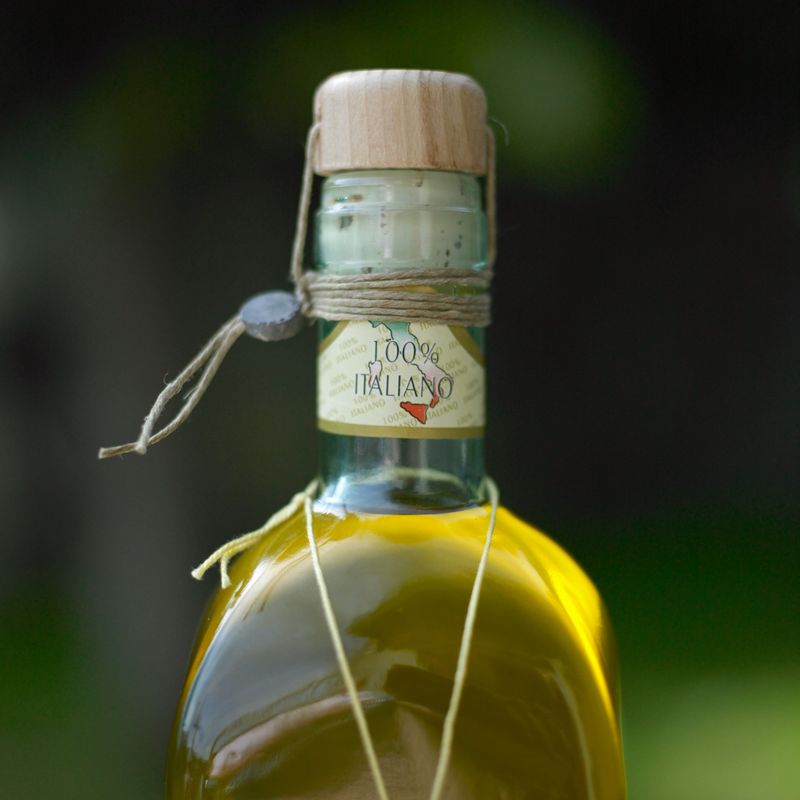
If you’ve got olive oil in your kitchen, you’ve got more than just a cooking essential. When mixed with water, it can be used as a protective spray against black spot on your roses.
The oil coats the leaves, creating a barrier that prevents the spread of fungus. It’s a simple solution that promotes healthy plants and keeps your garden looking beautiful. And it’s safe for the environment!
9. Salt

Salt—an everyday item you might never consider for garden care. But when used sparingly, salt helps control black spot disease by drying out the fungi.
A solution made from water and a pinch of salt can be sprayed on your roses to prevent the spread of disease. Just be sure to use it carefully, as too much salt can harm your plants. A little goes a long way for black spot prevention!
10. Cornstarch

Next time you reach for cornstarch, think of your roses. Mixed with water, cornstarch forms a paste that can be applied to areas affected by black spot. It’s a gentle, natural solution that protects your roses without any harsh chemicals.
Regular use helps keep your plants healthy, while preventing further fungal growth. It’s a great option for organic gardeners!
11. Mustard Powder
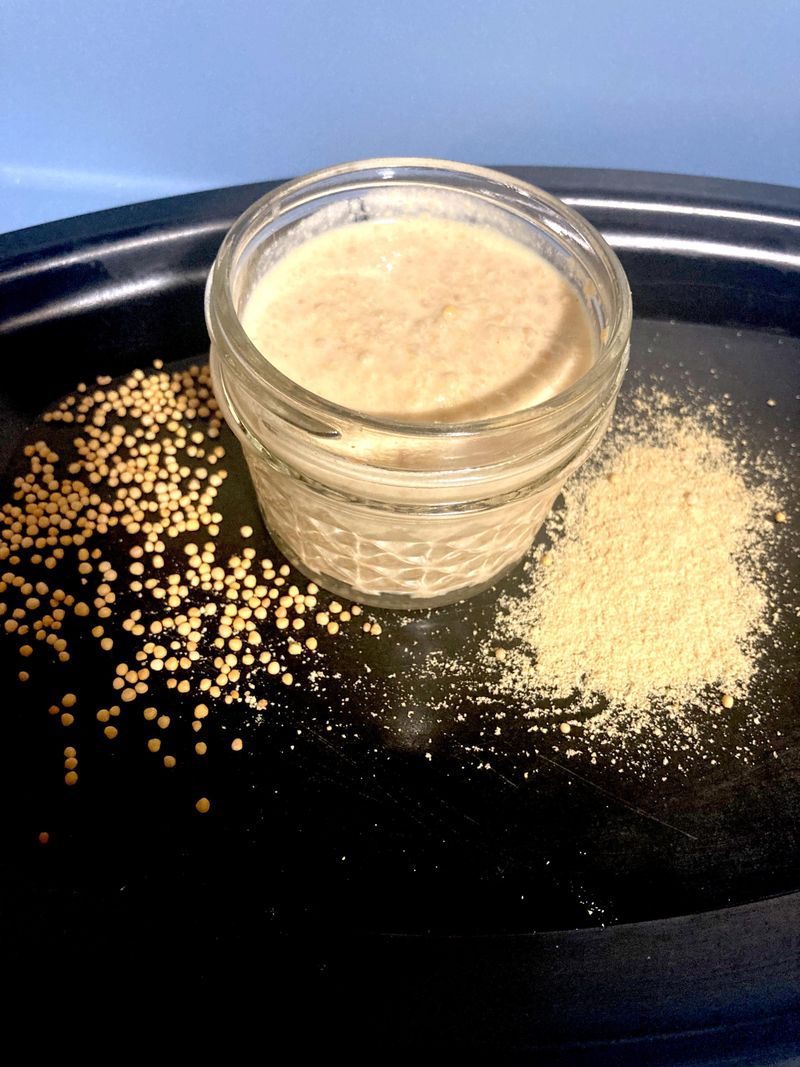
Mustard powder is a surprising yet effective tool in the fight against black spot. When combined with water, it forms a natural fungicide that helps protect your roses from the disease.
This pantry staple also works as a repellent for pests, keeping your plants safe from further damage. It’s easy to make, affordable, and safe for your garden. Try it out and watch your roses flourish!
12. Cayenne Pepper
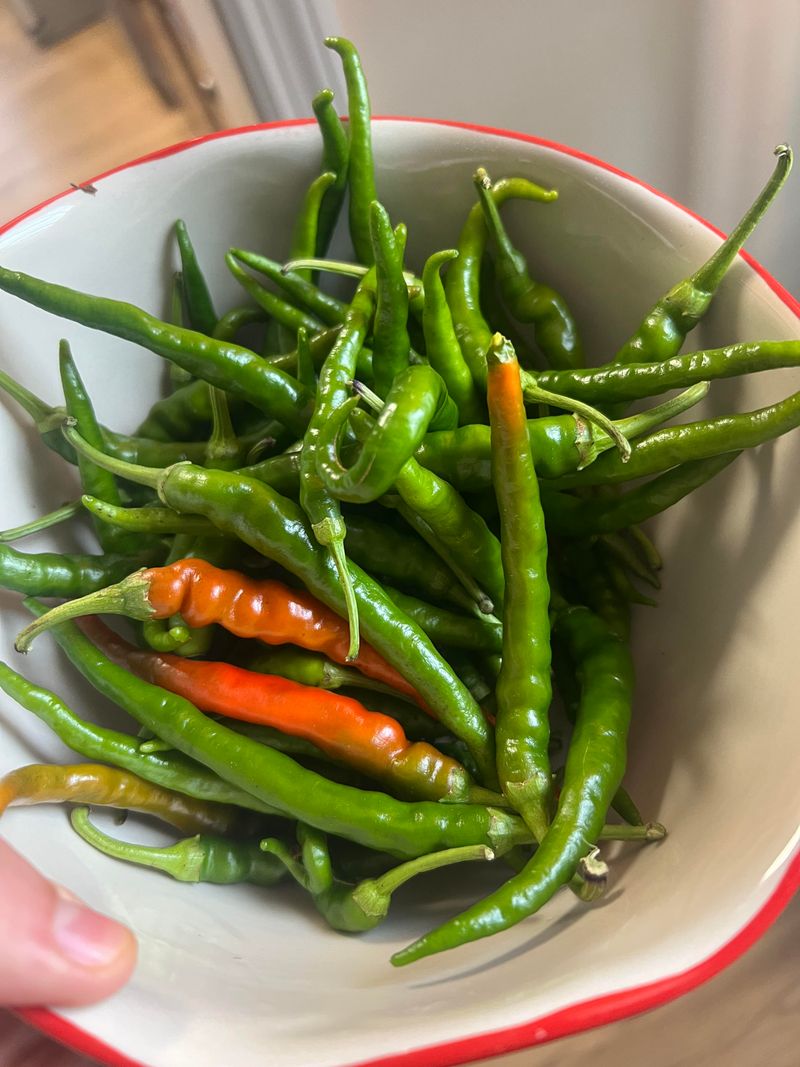
Spicy food can help keep your roses healthy too! Cayenne pepper, when mixed with water, creates a powerful antifungal spray that targets black spot disease.
This spicy solution also repels pests, giving your roses an extra layer of protection. It’s a natural, eco-friendly way to care for your plants. The best part? It’s a solution you can easily whip up at home!
13. Dish Soap
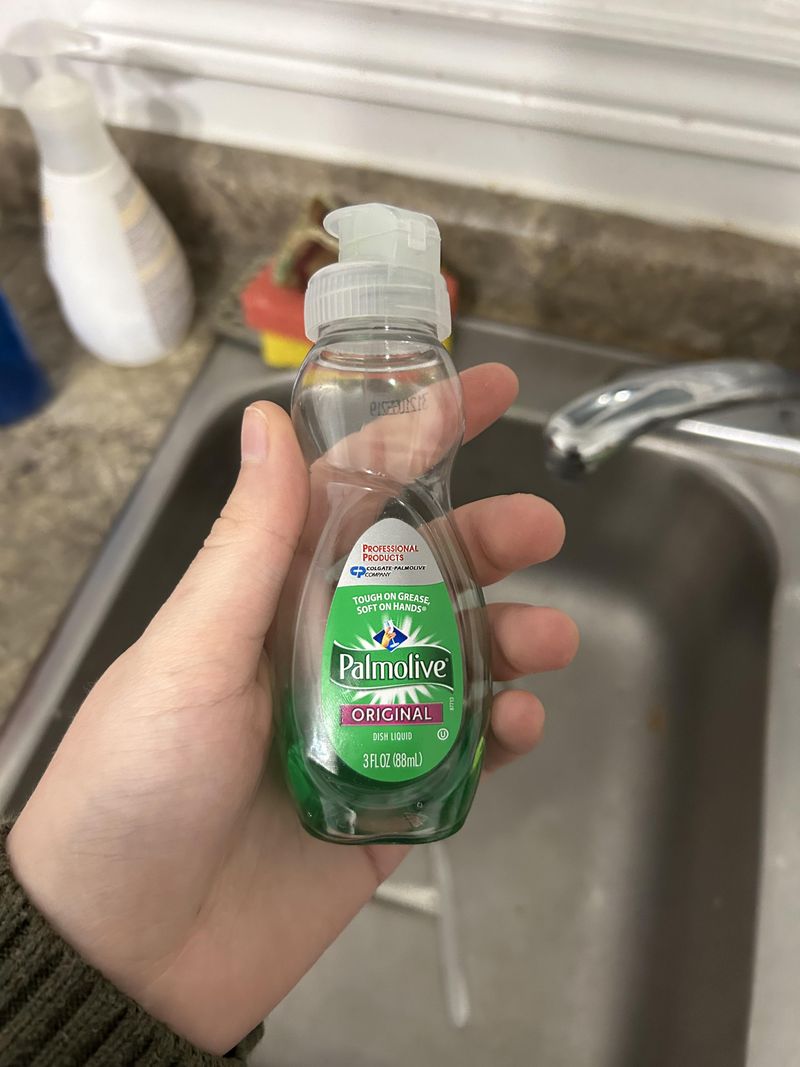
Dish soap is a simple and effective solution for controlling pests in your garden. When mixed with water, it creates a gentle yet powerful spray that can help eliminate aphids, spider mites, and other garden invaders.
It works by breaking down the pests’ exoskeletons, causing them to dehydrate and die. Just make sure to use a mild, non-toxic dish soap to avoid harming your plants.
14. Tea Tree Oil
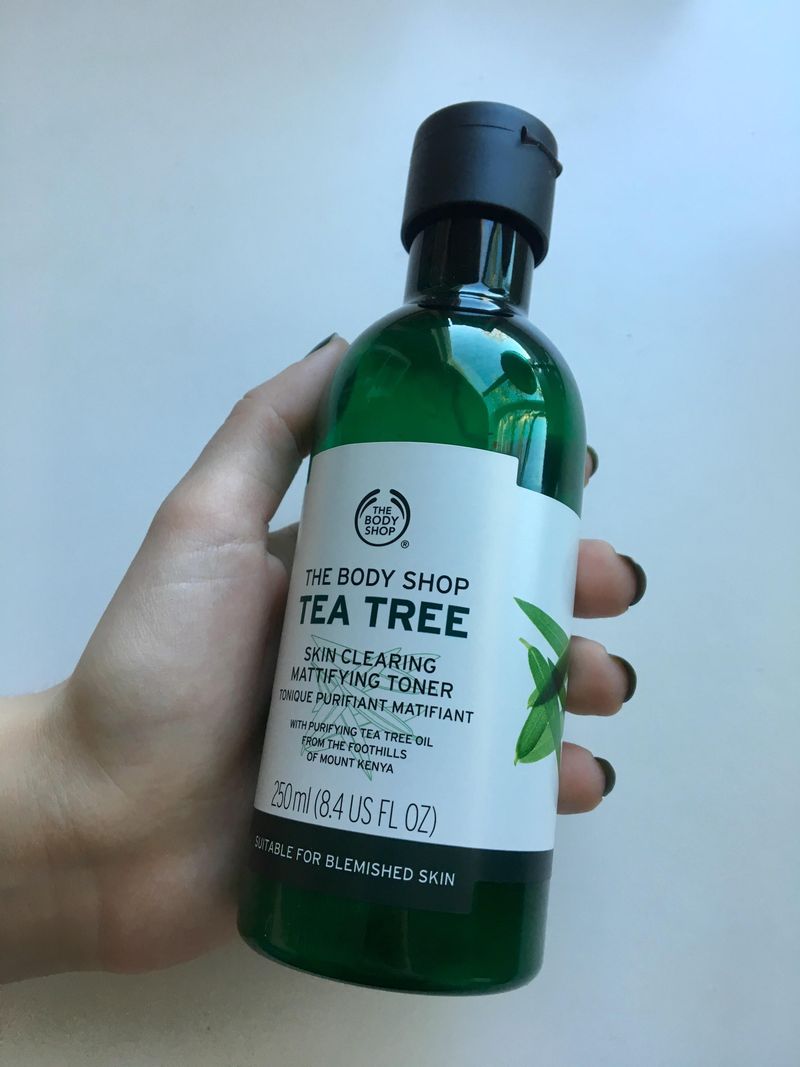
If you’re looking for an all-natural way to fight off pests and diseases, tea tree oil is an excellent option. It has antifungal and antibacterial properties that can help prevent mold and mildew from taking over your plants.
It also acts as a repellent for insects, such as mosquitoes and ants. A few drops of tea tree oil mixed with water can work wonders for your garden.
15. Witch Hazel
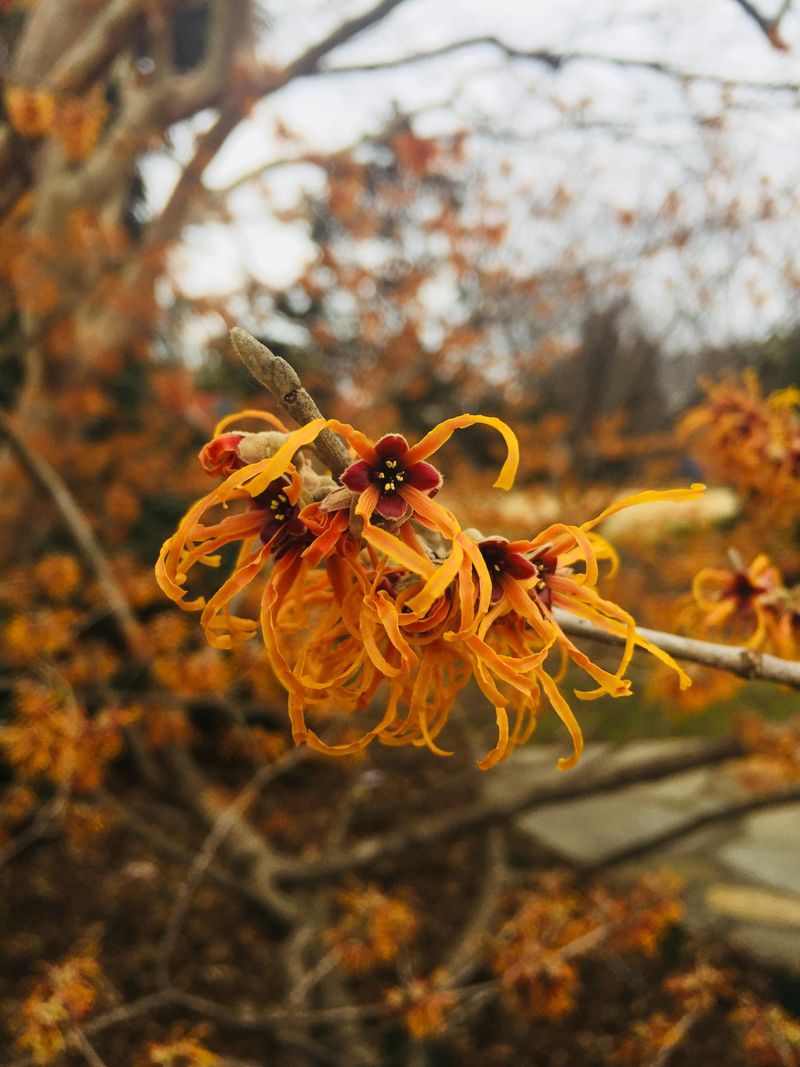
This natural astringent is another great addition to your gardening toolkit. Witch hazel is often used to treat skin irritations, but it can also help with plant diseases.
Its antibacterial properties make it effective against fungal infections, and it can also help reduce the spread of pests. If your plants are looking a bit under the weather, try using witch hazel as a mild remedy to boost their health.
16. Apple Cider Vinegar
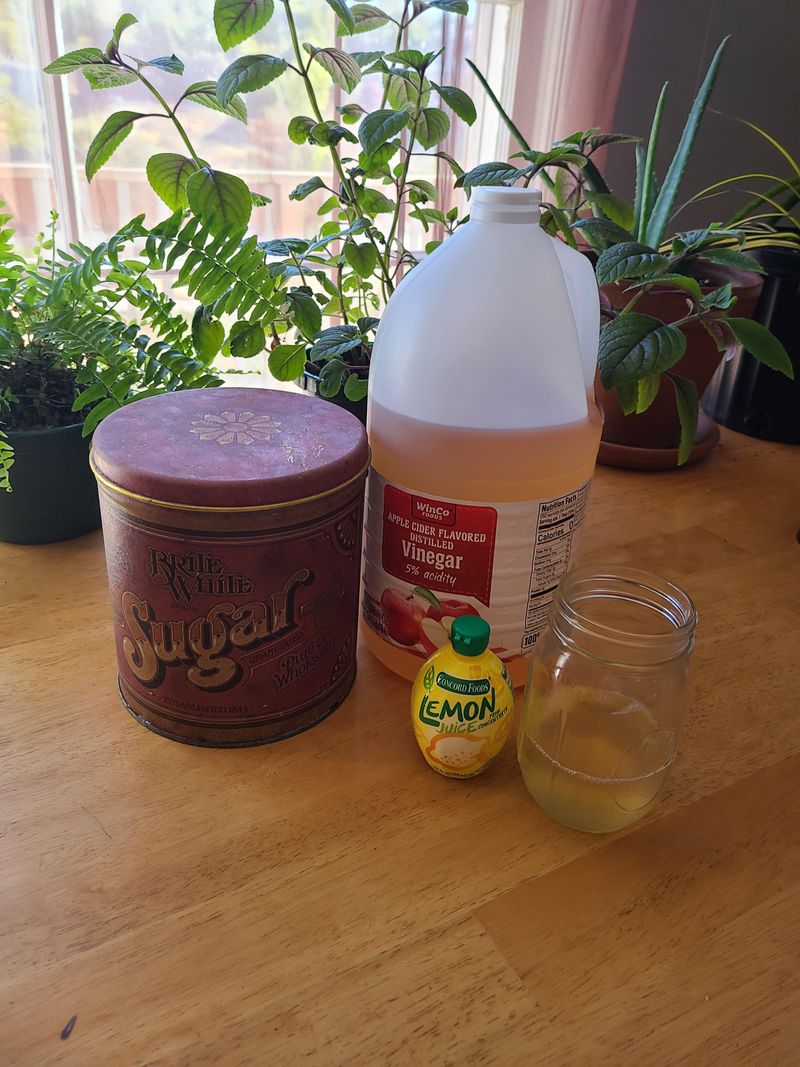
Apple cider vinegar is more than just a kitchen staple—it can work wonders in your garden. With its natural acidity, it helps to keep pests at bay while also balancing the pH levels of the soil.
If your plants are struggling with fungal infections, a diluted solution of apple cider vinegar and water can help restore their health. It’s a great, budget-friendly option for gardeners looking to avoid harsh chemicals.
17. Coffee Grounds

Leftover coffee grounds can be a gardener’s best friend. Rich in nitrogen, they not only improve soil quality but also deter fungal growth when sprinkled around rose bushes. The grounds create a protective barrier, making it difficult for black spot spores to thrive.
This eco-friendly solution recycles kitchen waste into a garden ally, supporting healthy blooms and vibrant leaves. Plus, your roses get a caffeine boost!
18. Tomato Paste
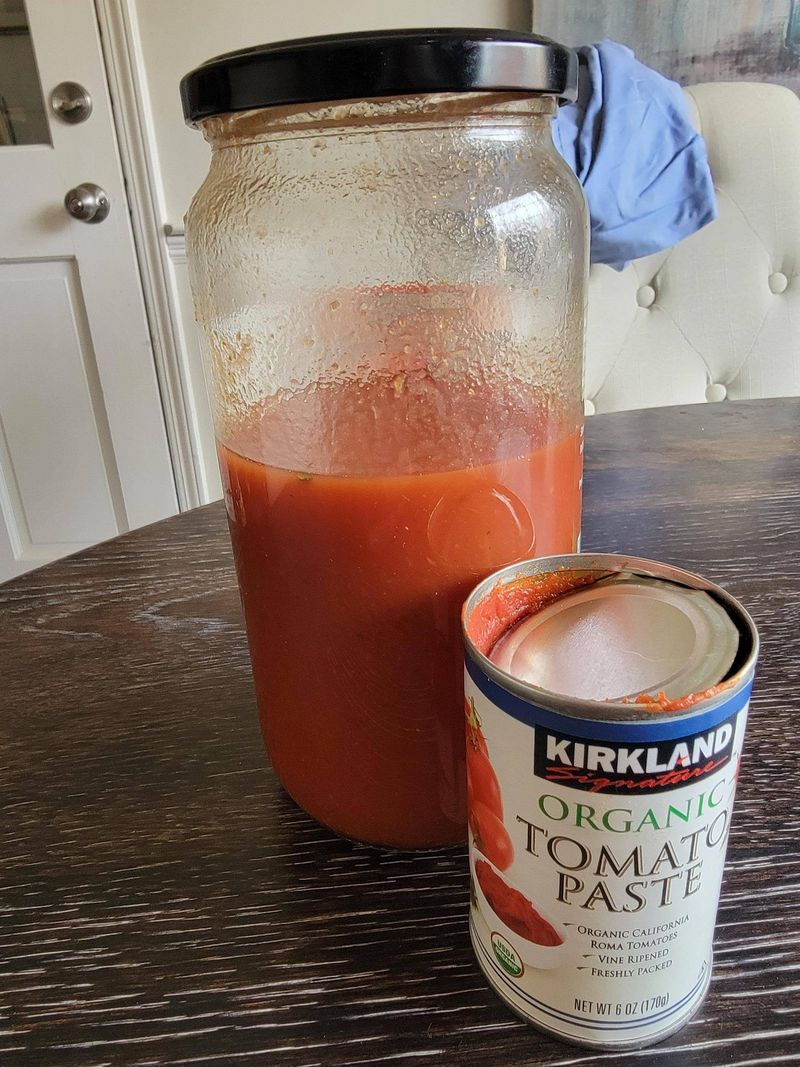
Believe it or not, tomato paste can be used to enhance the health of your garden. It’s packed with nutrients that can boost the soil, providing your plants with extra minerals. Tomato paste can also help fight off pests by creating a barrier when applied directly to plants.
If you’re looking for a natural way to improve your garden’s soil and keep pests in check, tomato paste might just be the solution.
19. Beer
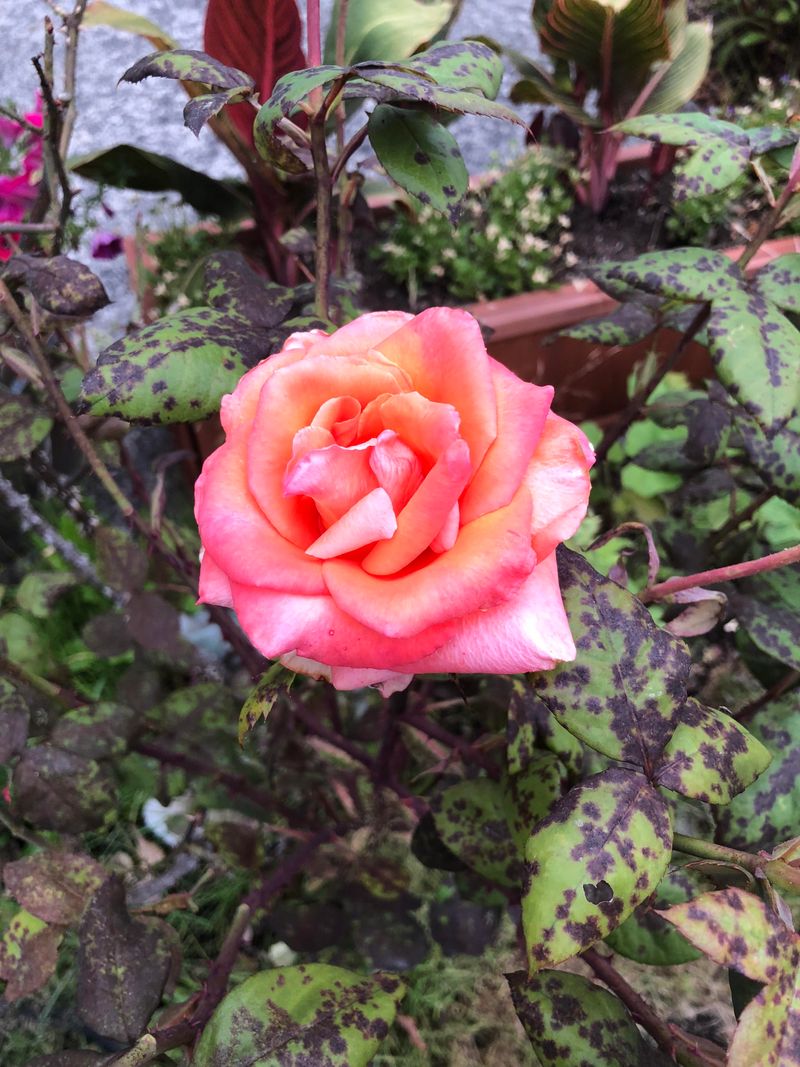
Who knew that beer could be a gardening essential? Beer is a natural way to deal with slugs and snails, as they’re attracted to it and will drown in the liquid.
Simply place shallow containers of beer around your garden, and you’ll quickly notice fewer pests. Plus, it’s a great way to recycle leftover beer that would otherwise go to waste.
20. Banana Peels
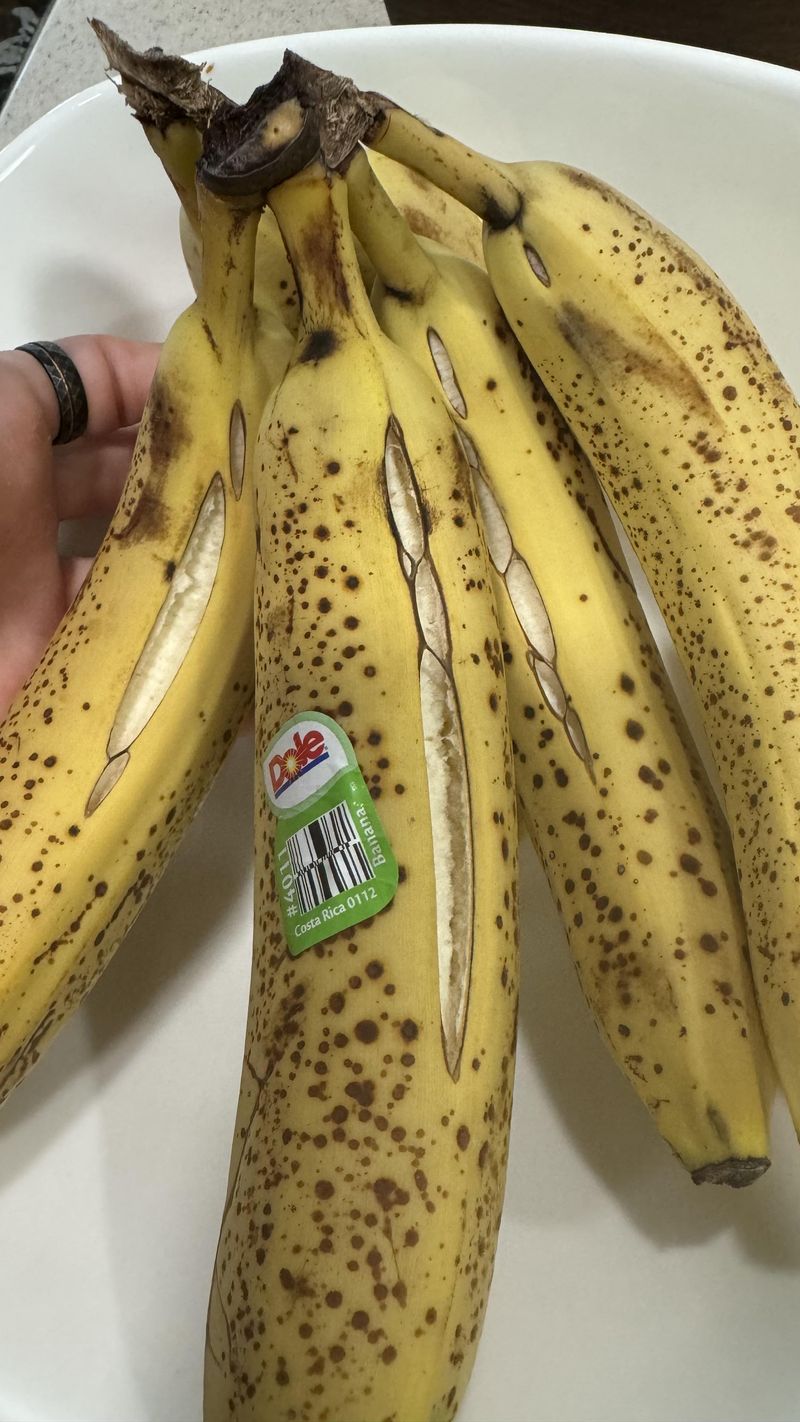
Don’t throw away your banana peels just yet! These humble scraps are packed with potassium and phosphorus, both of which are essential for plant growth.
Banana peels can be buried in the soil or chopped into small pieces and sprinkled around your plants to enrich the soil. They can also attract beneficial insects like earthworms, making them a great addition to your garden.
21. Clove Oil
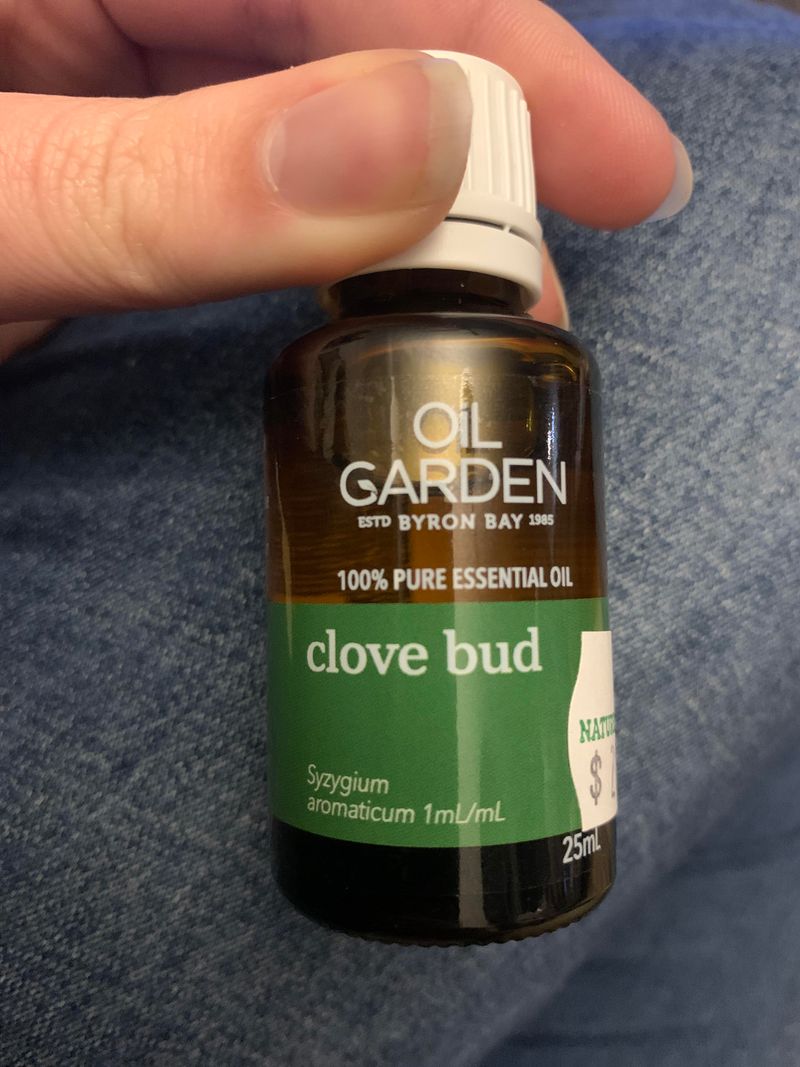
This powerful oil is known for its ability to repel insects, including mosquitoes and flies. Clove oil has a strong scent that pests find unbearable, making it a perfect addition to your garden’s pest control routine.
Simply mix a few drops with water to create a natural repellent spray. It’s a safe and effective way to keep insects away from your plants without using harmful chemicals.
22. Neem Oil
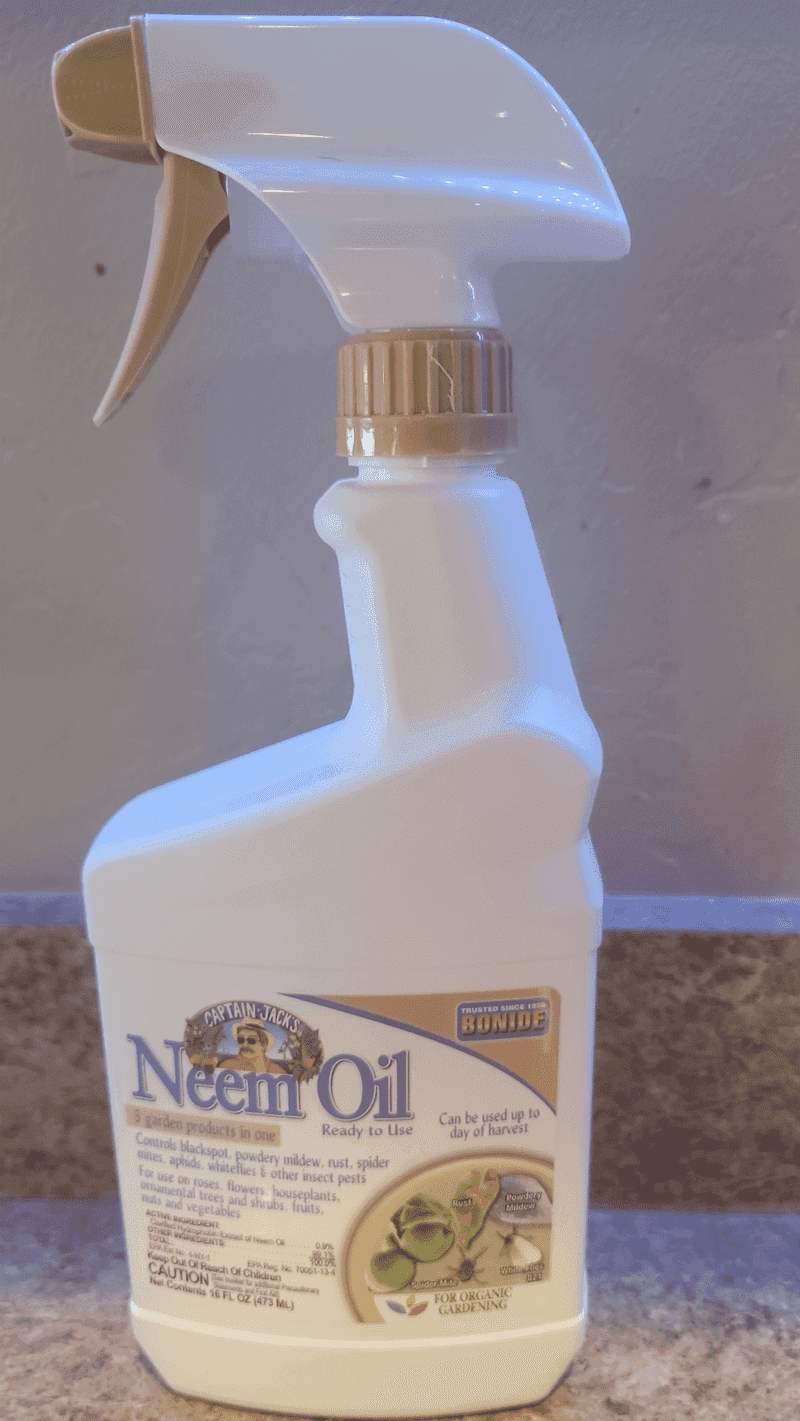
Neem oil is one of the best natural pesticides available, and if you’ve got it in your pantry, you’re in luck! This oil comes from the neem tree and has been used for centuries to protect plants from pests and diseases.
It works by disrupting the lifecycle of insects, preventing them from feeding or reproducing. Neem oil is gentle on plants but tough on pests, making it a must-have for gardeners.
23. Pepper
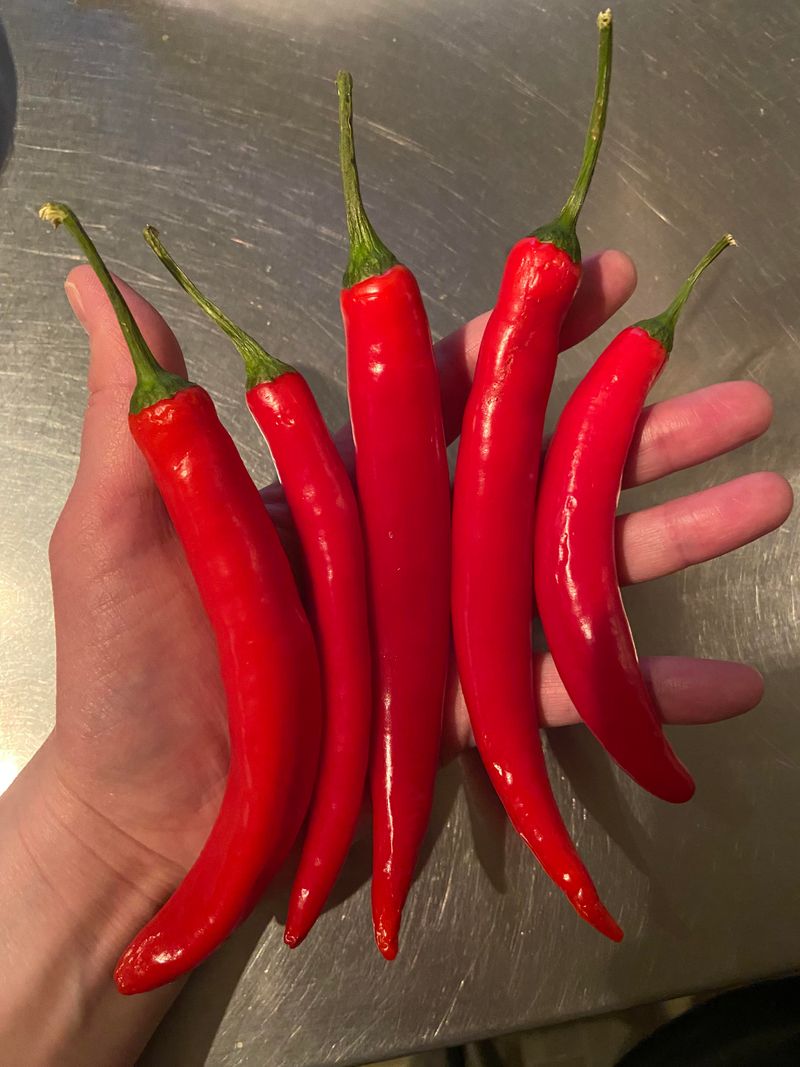
A sprinkle of black pepper can keep your plants safe from insects and pests. The sharp, spicy scent is enough to deter many common garden invaders, including ants and mosquitoes.
If you mix it with water, you can create a simple spray that works wonders on keeping pests away. It’s an easy, natural way to keep your plants protected.
24. Coconut Oil

This versatile oil isn’t just for cooking—it’s also a handy garden helper. Coconut oil can be used to help prevent fungal infections and promote healthy plant growth.
It also has moisturizing properties that can help plants retain moisture during dry spells. Plus, it acts as a natural pest repellent, making it a great multi-purpose addition to your gardening toolkit.
25. Rosemary

Not only does rosemary smell amazing, but it’s also great for deterring pests. Its strong scent can repel insects like mosquitoes and aphids, which can wreak havoc on your plants.
Planting rosemary near other plants can help keep pests away, and you can even use it in your DIY plant sprays. Rosemary is a must-have for any gardener looking to keep their garden healthy and pest-free.
26. Chili Powder
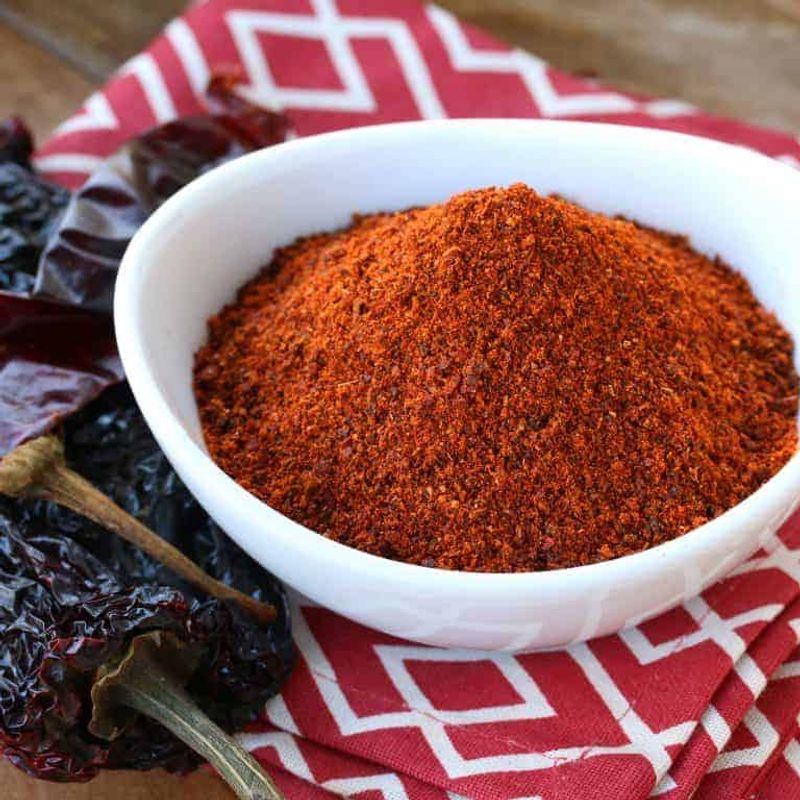
Chili powder can spice up your garden in more ways than one! Its heat can deter a variety of pests, including ants, slugs, and even rabbits.
By sprinkling chili powder around your plants or mixing it into a spray solution, you can naturally repel pests without harmful chemicals. Just remember to use it sparingly to avoid irritating your plants.
27. Milk
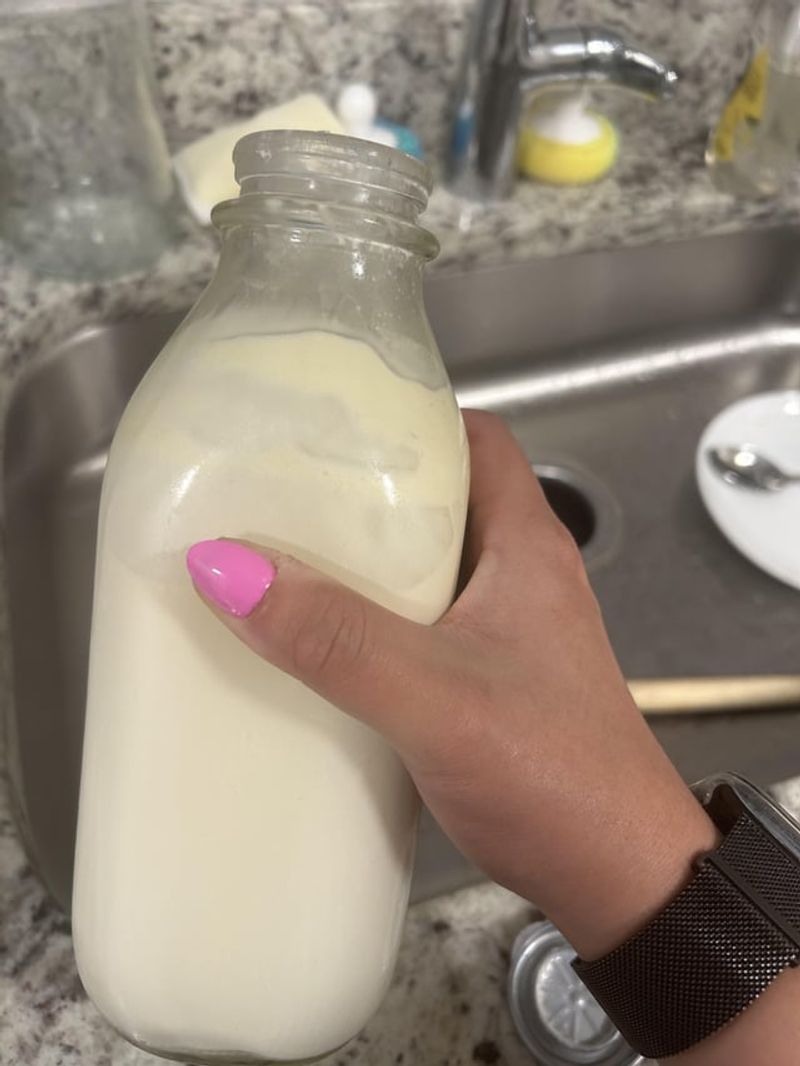
This common household item can do more than just nourish your body—it can also nourish your garden. Milk is often used to treat fungal infections like powdery mildew, helping your plants stay healthy and strong.
Simply mix it with water and apply it to the affected areas. It’s a simple, inexpensive way to keep your garden looking great.
28. Onion Skin
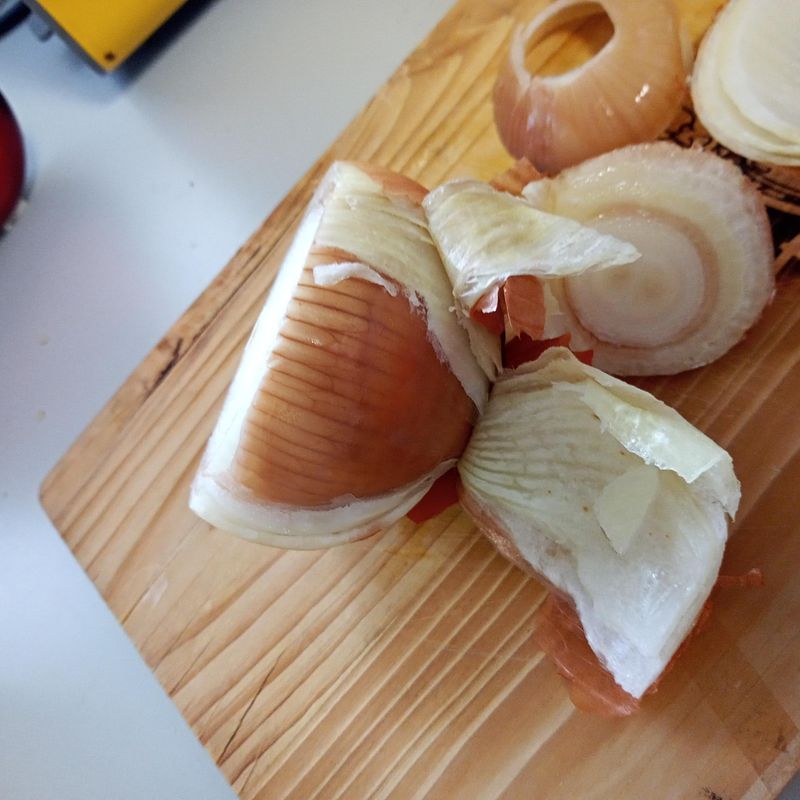
Instead of tossing out onion skins, consider using them in your garden. They’re packed with nutrients like potassium and calcium, which can improve soil health.
Onion skins can also be used to repel pests, especially aphids and other garden insects. Simply place them around the base of your plants or mix them into the soil for added benefits.
29. Honey
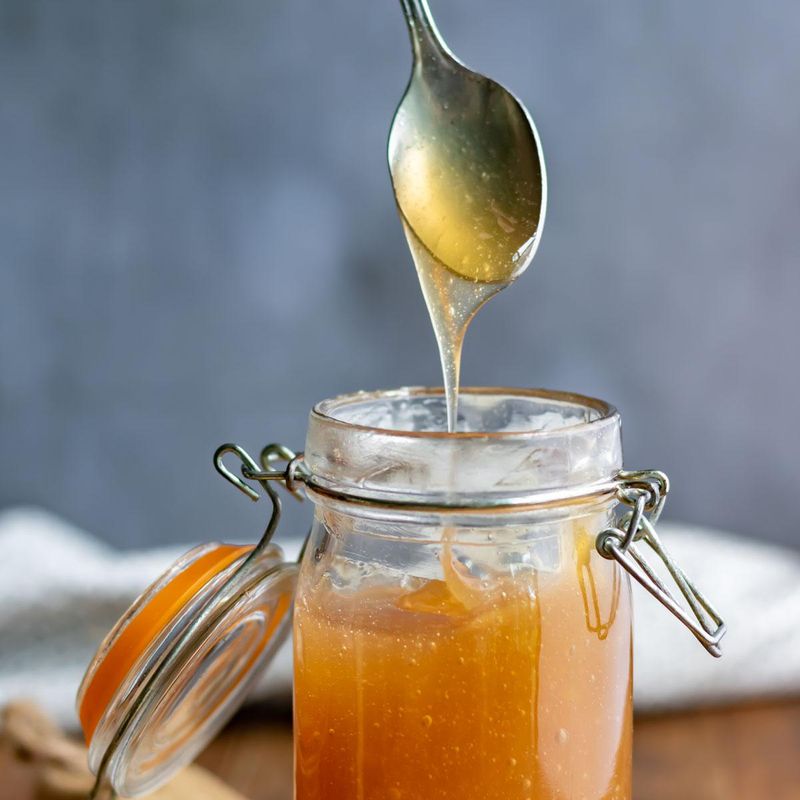
Honey isn’t just a sweet treat for you—it’s also a valuable tool for your garden. It can help attract pollinators, such as bees, which are essential for plant reproduction.
Honey can also be mixed with water to create a simple plant food that encourages growth. Your plants will love the natural boost honey provides.
30. Mint Leaves

When it comes to keeping pests at bay, you might want to consider a natural solution that works wonders in the garden.
The strong aroma of mint is disliked by ants, mosquitoes, and flies, making it a perfect companion for your plants. You can even crush a few mint leaves to release their oils and create a homemade spray for your plants.

